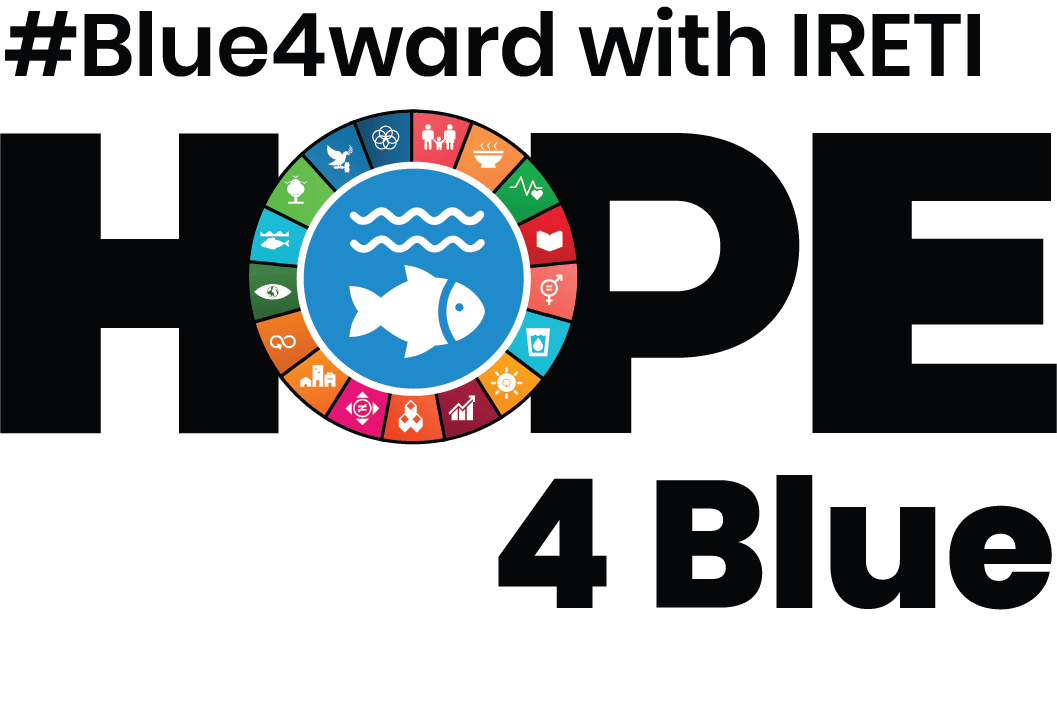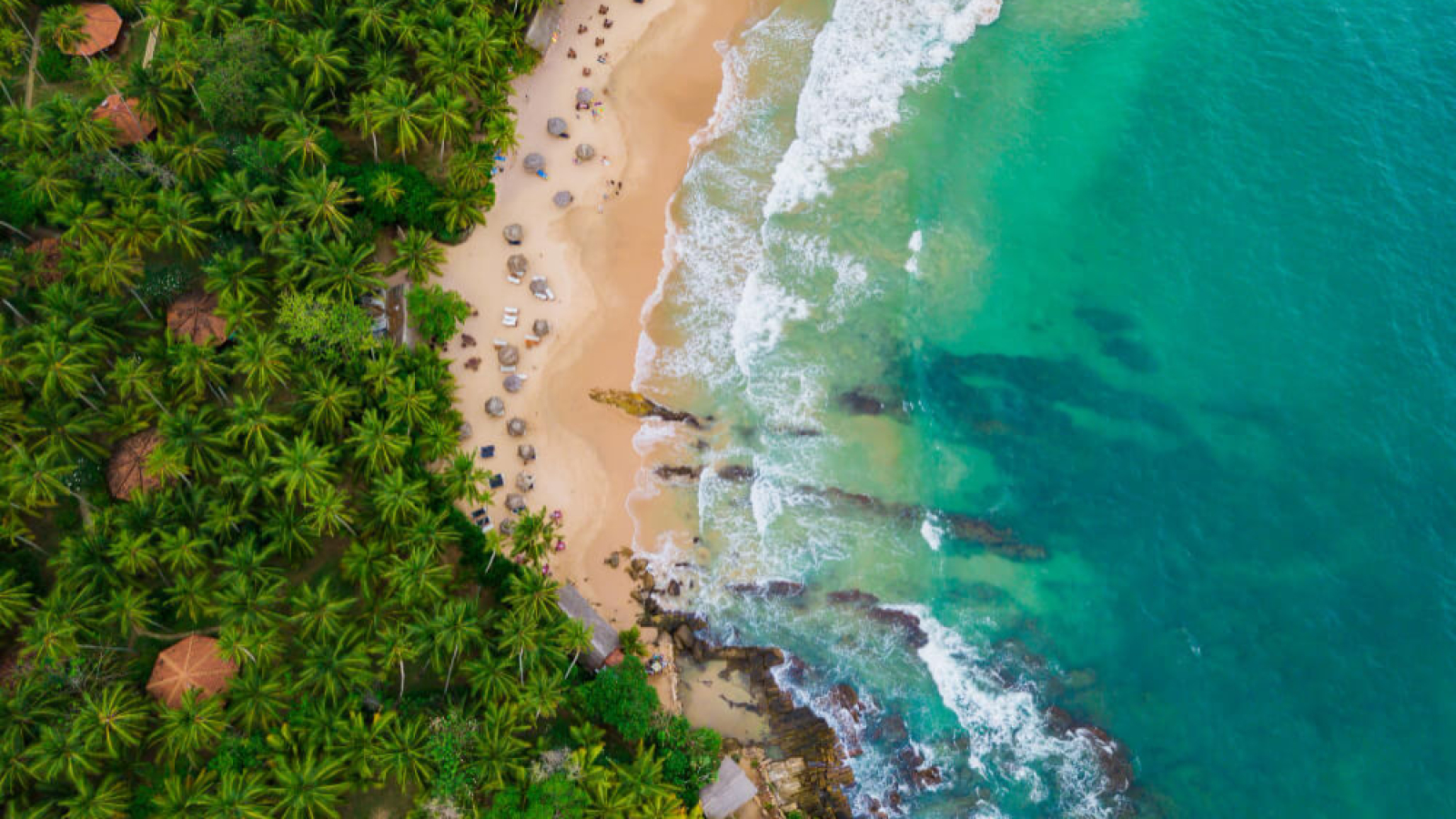
#Blue4ward with IRETI | Hope4Blue
SDG 14
According to the World Bank, the term ‘blue economy’ refers to the sustainable use and conservation of marine, inland aquatic, and coastal resources for food security, job creation, and economic growth. Nigeria’s blue economy remains one of the country’s anchor sub-sectors, with maritime trade contributing 1.6% and fisheries contributing 3 – 5% to the GDP.
The Blue Economy has been dubbed the world’s next economic frontier. 40% of the world’s population live near coastal areas, more than 3 billion people utilize the oceans for their livelihood, and 80% of world trade is achieved using the seas.
The Hope4Blue Program functions based on the five thematic areas identified by the African Union (AU) led expert consultative workshop in 2019 as key vectors for the Africa blue economy development:
- Governance, Institutions and social actions
- Fisheries, aquaculture and ecosystems conservation
- Shipping, transportation and trade
- Sustainable energy, extractive minerals, gas, innovative industries
- Environmental sustainability, climate change, coastal infrastructure and tourism
Blue Economy emphasizes on integration of development of the ocean economy with social inclusion, environmental sustainability, combined with innovative business models. It encompasses:
- Renewable Energy: Sustainable marine energy can play a vital role in social and economic development.
- Fisheries: Sustainable fisheries can generate more revenue, more fish and help restore fish stocks.
- Maritime Transport: Over 80% of international goods traded are transported by sea.
- Tourism: Ocean and coastal tourism can bring jobs and economic growth.
- Climate Change: Oceans are an important carbon sink (blue carbon) and help mitigate climate change.
- Waste Management: Better waste management on land can help oceans recover.
The blue economy gives us the opportunity to produce economic resources related to the oceans, while restoring damaged ecosystems and introducing innovative technology that helps us efficiently and sustainably manage everything the seas can offer us.
The oceans are not only a viable source of jobs and wealth. The life of the planet and correct functioning of ecosystem services are sustained by marine ecosystems. The blue economy thus has the potential to achieve a sustainable development which does not compromise life on Earth tomorrow.
Hope4Blue factors that the Blue Economy comprises the same principles and goals as the Green Economy – the promotion of economic growth, social inclusion, and the preservation or improvement of livelihoods while at the same time ensuring environmental sustainability. The Blue Economy concept advocates the ‘greening’ of ocean development strategies for higher productivity and conservation of ocean’s health.
The UN specifies Blue Economy as a range of economic activities related to oceans, seas and coastal areas, and whether these activities are sustainable and socially equitable. An important key point of Blue Economy is sustainable fishing, ocean health, wildlife, and stopping pollution.
Hence, the concept of the Blue Economy rests on the following themes:
- Sustainable and inclusive growth and development
- Reducing the risk of over exploitation and risky methods of extraction/usage of the ocean’s resources
- Enhancing the welfare of coastline communities in terms of economic opportunities and social protection
- Ensuring resilience of countries to natural disasters and the impact of climate change.
Every year, the ocean economy has an estimated turnover of between US$3 and 6 trillion. This includes employment, ecosystem services provided by the ocean, and cultural services. It is also estimated that fisheries and aquaculture contribute $US100 billion per year and about 260 million jobs to the global economy.
The African Union estimates that the Blue Economy currently generates nearly US$300 billion for the continent, creating 49 million jobs in the process. The preservation of these and other crucial benefits—most notably food security, livelihoods, and biodiversity—are entirely dependent on the ocean’s health. By safeguarding and enhancing marine and coastal health, countries will be in a better position to take full advantage of future Blue Economy opportunities.
According to the World Bank, the Blue Economy is at the core of the economic development and competitiveness of Africa’s coastal countries. However, unsustainable infrastructure development, inadequate management of natural habitats and resources, and pollution are threatening their productivity. Climate change-related events such as sea-level rise, land subsidence, storm surge, and coastal flooding are exacerbating this vulnerability. Blue Economy activities and projects typically suffer from fragmented policies and budget planning, as well as from limited inter-sectoral cooperation.
The Hope4Blue program considers the inter-sectoral nature of Blue Economy Development. Highlighting the fact that the complex challenges and risks—and the enormous development and livelihood opportunities—of the blue economies of Africa require a coordinated approach among a wide range of economic sectors. These sectors include:
- Fisheries and aquaculture
- Tourism
- Renewable energy
- Marine biotechnology
- Transport
- Ports
- Logistics
- Wastewater
- Solid waste management
- Environmental protection
The World Bank has indicated that the sustainable development of blue economies in Africa needs focused and decisive action to make progress on four cross-cutting areas:
- Institutional development, Governance and Coordination: Developing adequate institutional frameworks to guide planning and activities across various sectors, levels, jurisdictional boundaries, as well as national and subnational blue sector institutions. Coupled with the identification of common development challenges that require coordinated action across agencies at the national and local level. Climate change adaptation, jobs, and livelihoods are important examples of such shared challenges.
- Spatial planning: Marine spatial planning (MSP) is a participatory process that brings together all key stakeholders to identify growth and job generation trajectories for coastal areas, together with investment needs, sustainability considerations, current and future risks, and mitigation options. Spatial coordination of coastal territories is required to avoid compounding risks and to leverage development opportunities across sectors for multiple economic and livelihood benefits.
- Data management and knowledge creation and dissemination: Coordination and integration of information systems to strengthen data and knowledge creation and dissemination to support decision-making. The improved access to and organization of data and knowledge will help generate multi-sectoral, spatial, and sustainable development insights and attract more financing, including from the private sector and other development partners, at both the local and regional levels.
- Financing: Fully implementing a Blue Economy approach in Africa and addressing the ocean crisis, which includes climate change, requires scaling up the financial resources available. Involving coordinated private sector engagement to bring small and large enterprises together with government institutions. The establishment of partnerships between the public and private sectors have shown to be useful in changing the growth trajectory and accelerating the prosperity of coastal and marine economies.
Hope4Blue prioritizes these four key equally important areas of focus for Sustainable Blue Economy development in the design, activation and deployment of solutions and interventions towards the resource optimization and protection of coastal and marine ecosystems.


